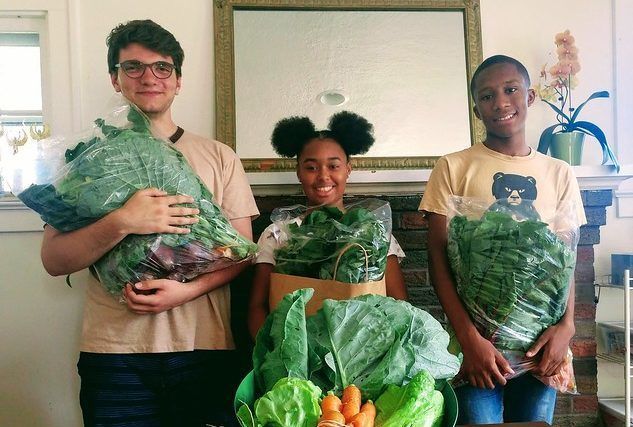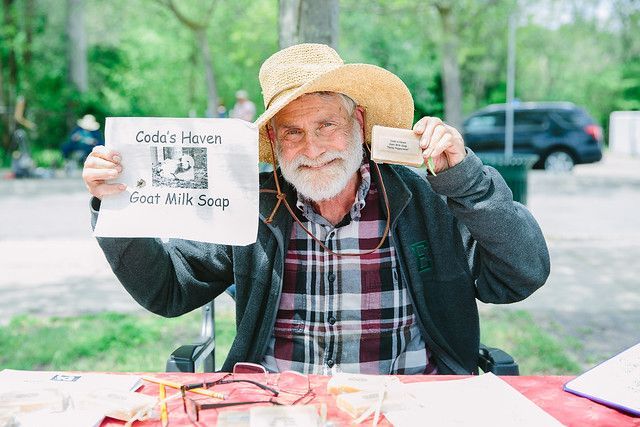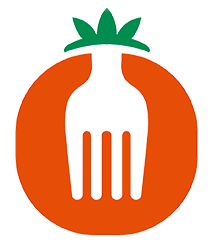Article
2025 Teen Leadership Afterschool Program Highlights
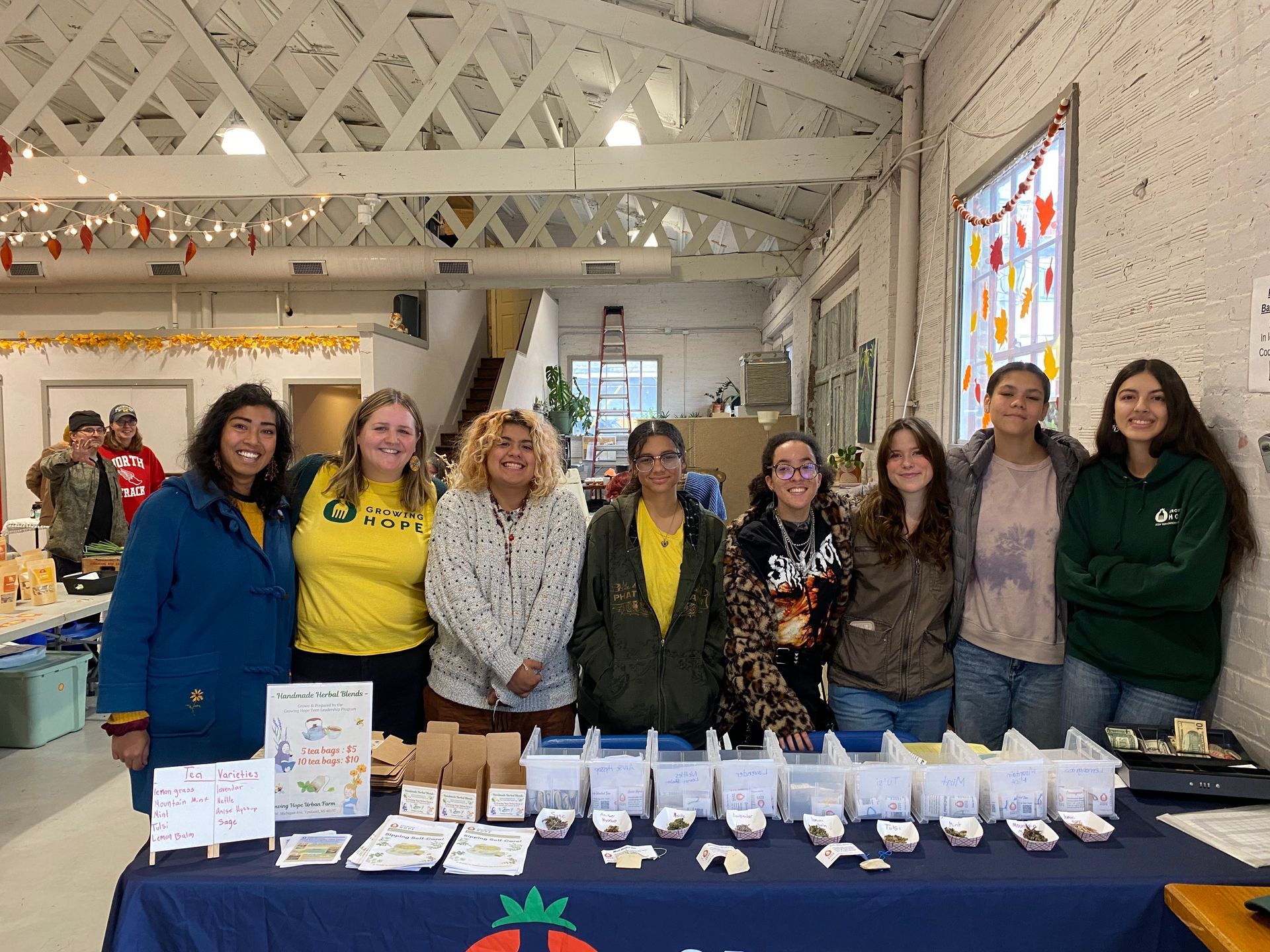
Thursday, May 22 marked the last day of the after school program for our Teen Leadership Program. We wanted to take a moment to share some of the highlights from the past eight months and recognize all of the hard work done by our young food justice leaders: Tuula Martinez, Eli Harris, Josie Smith, Jaylah Cotton, Sienna Troy, and Nick Corvera-Garay!
Deepening Knowledge
The fall and winter months on the farm make way for many workshops in our Teen Leadership Program! This year, the majority of our meetings were youth-facilitated, and each of our teens planned and facilitated their own workshop relating to Food Justice, Cooking, or Community Organizing. They shared family recipes in their cooking workshops, talked about the effects of colonization on our food systems, and discussed power mapping in community change work. In the fall, we visited UM Campus Farm and the Community Food Forest at Leslie Park to learn from other food growers in our area and their farming practices. We prepared for the growing season at the Growing Hope Urban Farm with workshops about plant families, companion planting, and crop planning!
Community Engagement
This school year, our Teen Leadership Program planned and presented at least one free community engagement event every month! They hosted monthly Food Sovereignty Film Screenings and discussions with some of their favorite films being Seed: The Untold Story and Gather. They prepared and sold handmade tea bags and honey at the Ypsi Farmers Market. Each of our teens made their own zine for the first Ypsi Zine Jamboree at the Freighthouse. They hosted a public workshop on corn nixtamalization, and processed corn they grew last summer into fresh tortillas. In collaboration with the Washtenaw County Youth Commissioners, they planned and hosted Fighting Food Insecurity: One Bowl of Ramen at a Time event at our Urban Farm with the support of FedUp, Food Gatherers, and The Farm at Trinity. The goal of this event was to educate folks about food insecurity in our community and provide an easy way to elevate a simple meal like ramen with fresh veggies and edible weeds! They did informative tabling events at YCS schools, the Ypsi Library, and other community events. Perhaps the biggest accomplishment was the launch of the Growing Hope Seed Library! Our Teen Leadership Program saved and packaged seeds from our farm, sorted thousands of seed donations, organized varieties alphabetically, and planned a launch party for our permanent Seed Library! The Seed Library is open to all and is located at the Growing Hope Urban Farm. They revived their own Instagram account– you can follow at @growinghope_teens to get a first hand look at all their work!
Seeding, planting, and growing
The Teen Leadership Program manages three of the growing areas on our Urban Farm: the Children’s Garden, the Sharing Garden, and The Oasis. The teens are responsible for crop planning, seed starting, and planting the beds in each of these areas totaling over 20 garden beds! The teens worked together to make crop plans by calculating seed starting dates, transplant dates, how many plants per square foot, and creating cold and hot crop rotation plans. They soil blocked, started seeds, and planted all of the cold crops for the 3 garden areas which you can see growing now at our Urban Farm! They will continue to follow their crop plans all summer long to know when to harvest cold crops and plant more hot crops. Harvested food will be given out for free in our Community Produce Cart and also used in cooking lessons in our Summer Teen Leadership Program!
We are incredibly proud of this group of young people and grateful for their hard work, commitment to the community and the local food system, and the perspective and joy they bring to our organization! In June our current group of teens will be joined by six new teen crew members for a summer full of learning, growing, and leading!
share this
Related Articles
Related Articles
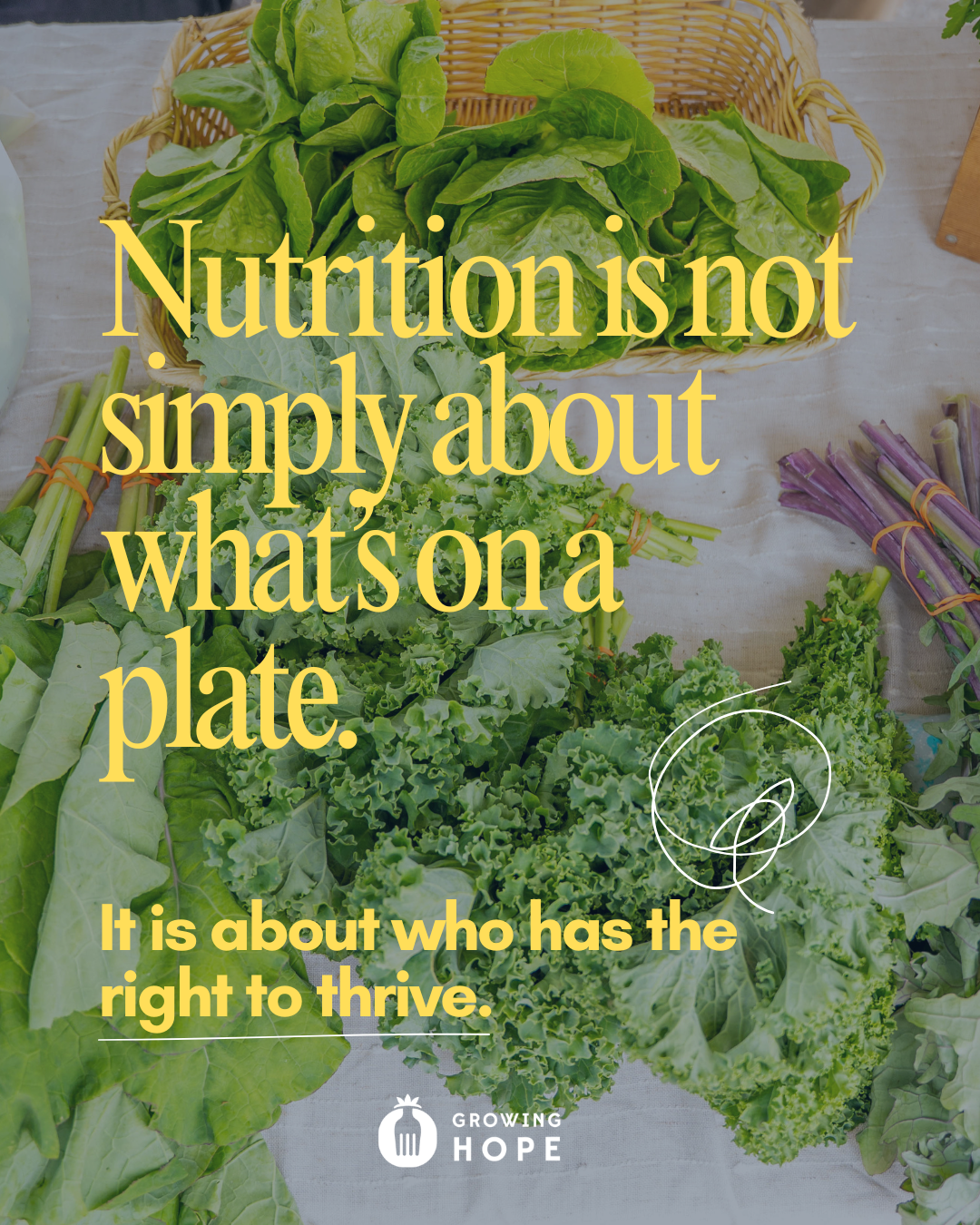
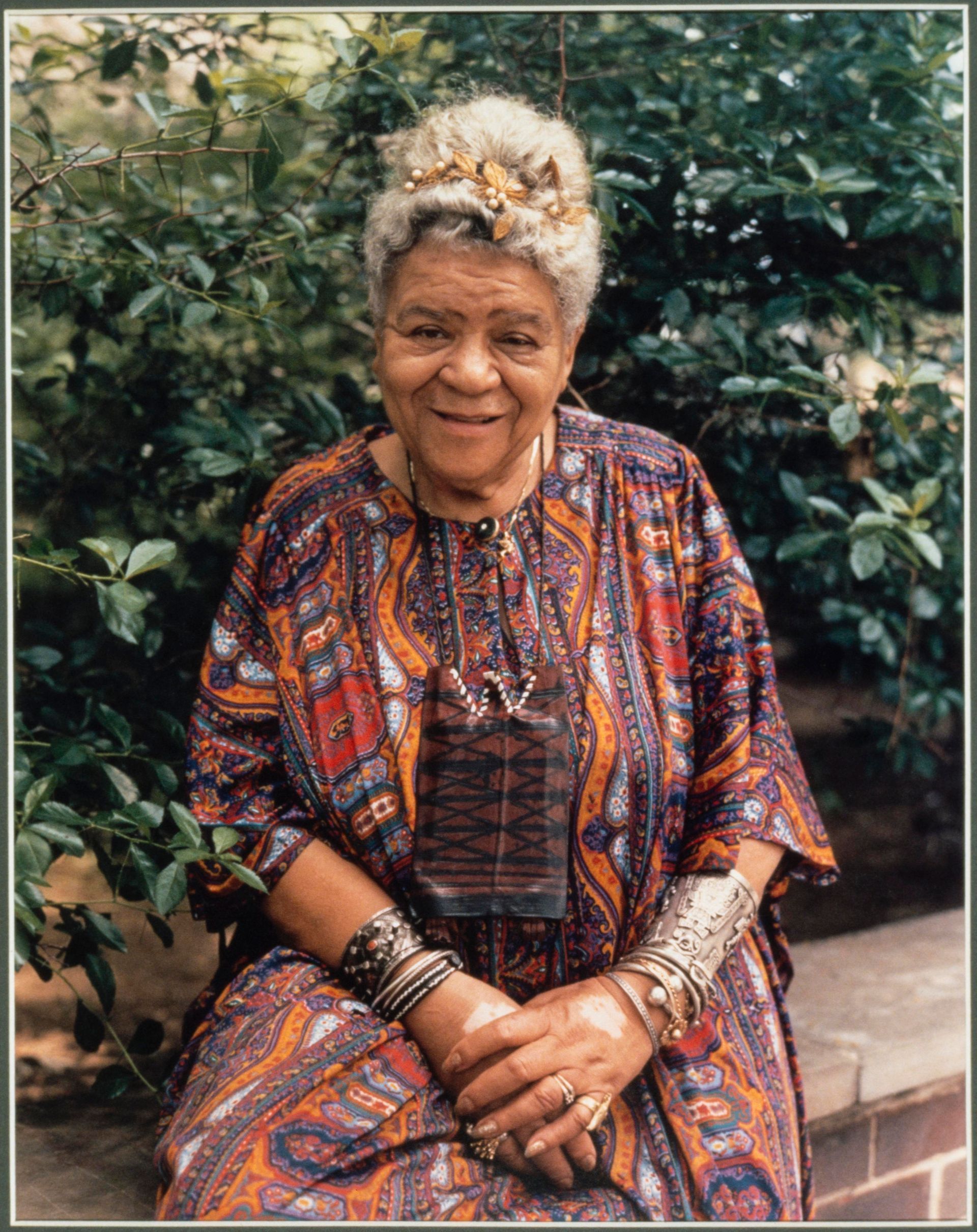
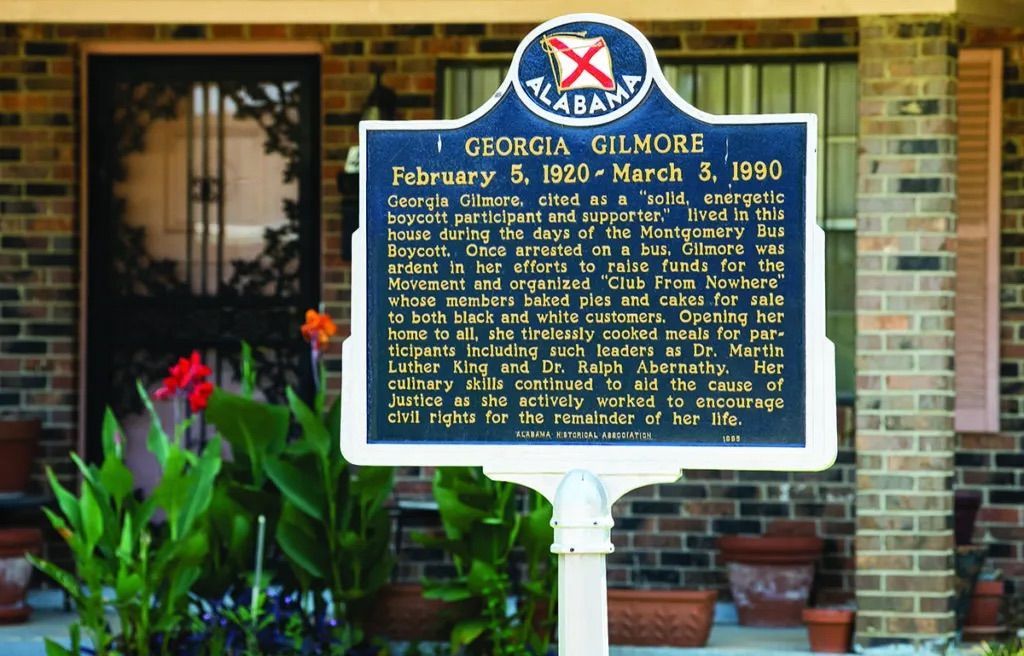
STAY UP TO DATE
GET PATH'S LATEST
Receive bi-weekly updates from the church, and get a heads up on upcoming events.
Contact Us


